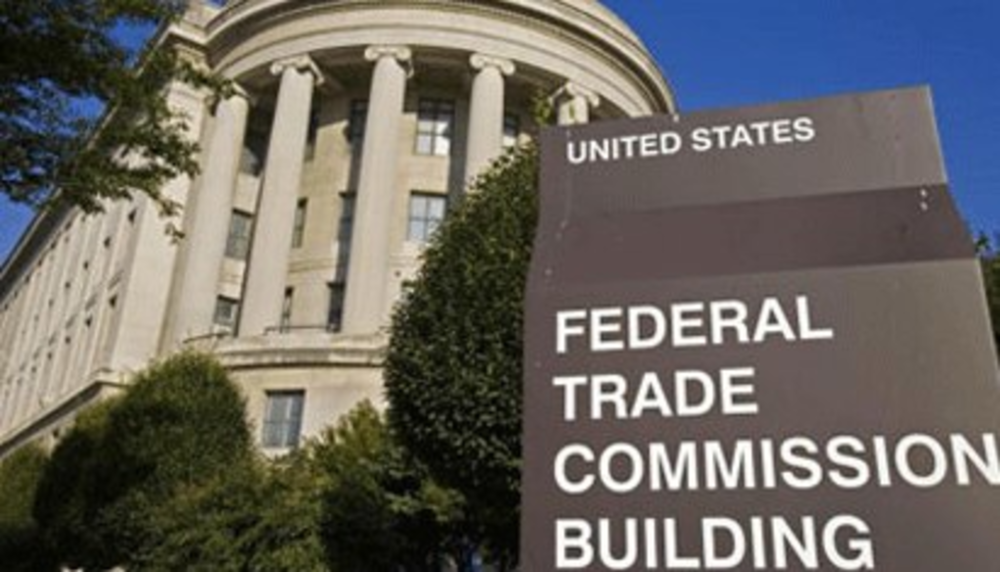The industry took a significant step in the behavioral targeting and privacy debate by releasing seven best practices principles for behavioral targeting on July 2. The initiatives have sparked positive response from the Federal Trade Commission, Yahoo, Google and other industry players as well as action from Facebook.
The social media giant has already taken action and recently announced a new set of privacy controls for users. “This supports our continuing view that users should be able to make the chose about what information they share with others including advertisers,” said Chris Kelly, Facebook’s chief privacy officer.
The principles are designed to make behavioral targeting more transparent to consumers and to educate consumers on the practices of online advertising and how behavioral data is used. The groups, including the Direct Marking Association (DMA), the Internet Advertising Bureau (IAB), American Association of Advertising Agencies (4A’s), the Association of National Advertisers (ANA) and the Council of Better Business Bureaus (BBB), expect these principles to be in full execution across the industry by the beginning of 2010. The collaboration was a move by the industry to attempt self regulation in the face of pending legislation.
The associations were joined by representatives from the entire advertising ecosystem, including advertisers, ad agencies, ISPs, Web publishers, search engines, ad networks and software providers. AOL, Disney, Facebook, Google and Verizon were among the participants.
“This effort is coming from across the industry,” said Stu Ingis, IAB Counsel. “And it gives consumers more control and it creates a strong new accountability for companies to the industry.”
The FTC has responded positively to the new guidelines. “Consumers deserve transparency regarding the collection and use of their data for behavioral advertising purposes. I am gratified that a group of influential associations – representing a significant component of the Internet community – has responded to so many of the privacy concerns raised by my colleagues and myself,” said Pamela Jones Harbour, FTC commissioner in a statement.
The principles are comprised of seven best practices. The first three, the Education Principle, the Transparency Principle and the Consumer Control Principle, call for more transparency about when behavioral advertising is at work and an educational fact page that explains how behavioral targeting works. It also focuses on giving consumers the control to opt-out of targeting.
“The issue of transparency and consumer control and choice is very important,” said Linda Woolley EVP, government affairs at the DMA. “When a third party ad appears on a Web site, there should be an icon or word somewhere near that ad, that a consumer can click on and then in one click, they can exercise choice.” The exact icon or word is still being determined. Once it is chosen, the industry will educate the public about it.
Three other principles include the Data Security Principle, the Material Changes Principle and the Sensitive Data Principle, which all address best practices concerning consumer data.
“It looked a lot like the principles put out by the FTC, only more granular like you see in CAN-SPAM,” said Quinn Jalli, chief privacy officer at Datran Media, an online marketing technology provider. “This makes sense for the industry to do, because we all realize that this is how it has to go, and this is much better than seven pages of legislation.”
Jalli was surprised though by the fact that the guidelines calls for the industry to police itself by reporting its partners of any wrong doing to the government, rather than just to the industry groups.
The final best practice is the Accountability Principle, which calls for the “development of programs to further advance these principles, including programs to monitor and report instances of uncorrected non-compliance with these principles to appropriate government agencies.” Woolley said that the DMA plans to evolve these principles into practice guidelines to make it easier for the industry to adopt.
During the hearing on the Hill of potential privacy implications of behavioral advertising on June 18, Nicole Wong, deputy general counsel for Google said, “We are hopeful that this self-regulation effort will result in a benefit to American consumers through greater transparency and choice in online behavioral advertising.”
Yahoo has also taken a position supporting privacy. The company recently announced its new data retention policy, in which Yahoo will retain the vast majority of its Web log data in identifiable form for only 90 days. “We support the core principles set forth in this new industry initiative, and believe it represents a meaningful step towards effective industry self-regulation,” said Brian Nelson, a spokesman for Yahoo, in a statement. “As an industry we must commit to protect user privacy as we deliver advertising that is increasingly more relevant to their needs. Furthermore, we must provide greater transparency and more accessible control over the collection and use of data.”
The industry demand for more transparency around behavioral targeting began with a push from consumer privacy groups back in 2007. In response, the FTC held a Town Hall meeting held in November 2007 discussing the issue. Since then, the FTC has issued two reports with its recommendations for behavioral targeting. In April 2009, the issue was taken to the House floor.
These new best practices guidelines are aligned with the FTC’s suggestions.
“These associations have invested substantial efforts to actually deliver a draft set of privacy principles, which have the potential to dramatically advance the cause of consumer privacy,” Harbour continued. “I commend these organizations for taking this important first step. I am hopeful that successful implementation will follow.”






